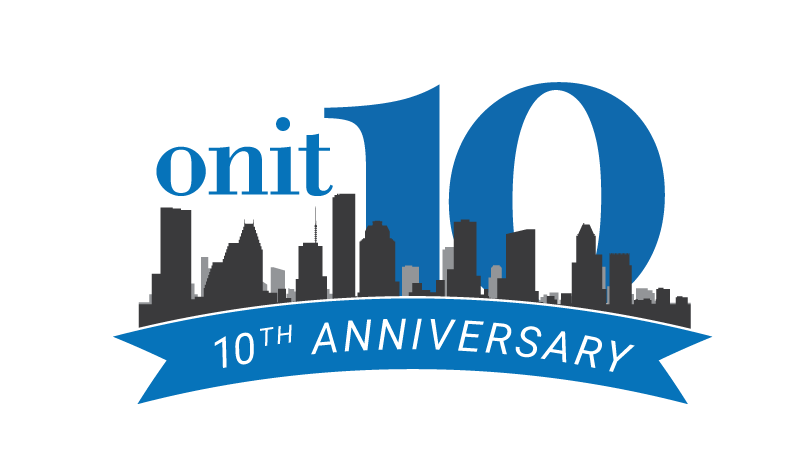
In late September, Onit proudly announced the acquisition of BusyLamp, a premier provider of ELM software – including legal spend management and matter management – for European corporate legal departments. The combined forces of Onit, BusyLamp and Onit’s subsidiaries SimpleLegal and Bodhala create one of the world’s largest enterprise legal management providers, with over 600 implementations completed worldwide.
We sat down with Eric Elfman, co-founder and CEO of Onit, and Dr. Michael Tal and Dr. Manuel Meder, CEOs and co-founders of BusyLamp, to discuss the acquisition and how it will benefit the corporate legal community.
The Most Complete ELM Software Offering On The Market
As they say in the podcast, Onit and BusyLamp were a match made in heaven.
The addition of Frankfurt, Germany-based BusyLamp to the Onit family of companies creates one of the most complete enterprise legal management offerings on the market. It adds to Onit’s existing global presence by bringing on board some of the brightest minds in legal operations and technology who understand European customers’ unique needs.
BusyLamp, co-founded by Michael, Manuel and CTO Konstantin Tadrowski, is designed to handle the most critical considerations for European companies, including VAT, the General Data Protection Regulation (GDPR), regional tax policies and more. It serves many of Europe’s largest enterprises with its top ELM software offerings eBilling.Space, an award-winning legal spend management solution, and Matter.Space, a matter management solution that allows corporate legal professionals to manage all legal matters, service requests, documents and knowledge within one connected system. The company is operating as an independent subsidiary of Onit.
Joining Onit allows BusyLamp to continue its rapid growth and focus on its customers’ success. Onit’s AI expertise and impressive suite of technical solutions will enable BusyLamp to bring even more convenience to its customers. Together, the companies are building a solid roadmap for future success.
Going forward, Onit will continue to sell its highly customizable products worldwide while always looking for strategic ways to grow and improve our offerings.
Onit Acquisitions
The acquisition of BusyLamp marks our fourth acquisition in less than 12 months. In late 2020, we acquired legal AI innovator McCarthyFinch (now the Onit AI Center of Excellence) and launched three AI offerings for contract lifecycle management (ReviewAI, ExtractAI and business intelligence platform Precedent).
Thirty days later, we announced the acquisition of document automation provider AXDRAFT.
On September 1, Onit announced yet another acquisition – this time of legal spend analytics, benchmarking, and market intelligence company Bodhala.
These four acquisitions follow Onit’s first acquisition of modern legal operations software provider SimpleLegal in May 2019.
You can listen to the Onit Podcast featuring Eric, Michael and Manuel, on Apple, Spotify or anywhere you listen to podcasts.












